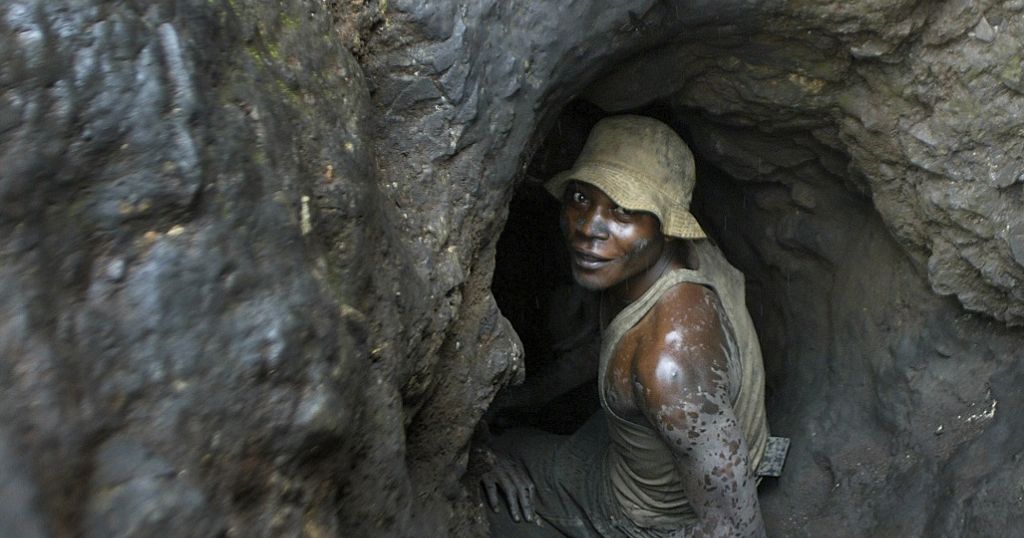A recent state audit in the Democratic Republic of Congo has uncovered a significant discrepancy in revenue reporting by mining companies. Between 2018 and 2023, these companies failed to report an estimated $16.8 billion in revenue, potentially depriving the government and local communities of crucial funds for development projects. The audit, conducted by the Court of Auditors and made public in October, revealed that while companies declared $81.4 billion for a community development fund, they reported only $98.2 billion to tax authorities, resulting in an estimated $50.4 million loss in contributions.
The 2018 mining code requires firms to allocate 0.3% of their annual revenue to local development funds, which finance essential infrastructure such as schools, clinics, and water systems. However, the report found that several major producers of cobalt and copper, including subsidiaries of Glencore and CMOC, underreported earnings by a collective $10 billion. Glencore’s Kamoto Copper Company claimed full compliance, attributing the discrepancy to a “differing interpretation” of the law’s effective date, while CMOC did not respond to requests for comment.
The Congolese authorities are calling for action, with Attorney General Jean Chris Mubanga Musuyu stating that “practically 70% of companies didn’t adhere to this regulation,” resulting in a “significant loss of revenue.” The Court of Auditors has recommended suspending non-compliant companies and launching legal proceedings. Civil society groups are also demanding accountability, emphasizing that the community levy is meant to transform mining from mere extraction into a force for local upliftment, directly improving living conditions in a country where the average annual income is just $580.
The Democratic Republic of Congo is one of the world’s poorest nations, with a significant portion of its population relying on mining activities for their livelihood. The mining sector is a critical component of the country’s economy, with cobalt and copper being essential metals for the global green energy transition. The underreporting of revenue by mining companies has significant implications for the country’s development, as the lost funds could have been used to finance essential infrastructure and improve living conditions.
The next steps in addressing this issue will be crucial, as the Congolese authorities and civil society groups work to hold mining companies accountable and ensure compliance with the 2018 mining code. The international community will be watching closely, as the outcome of this situation has significant implications for the global mining industry and the development of one of the world’s most vulnerable nations.
